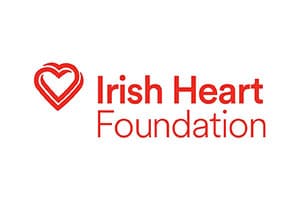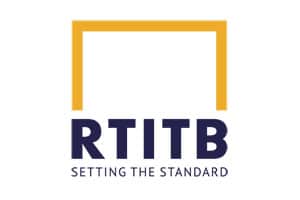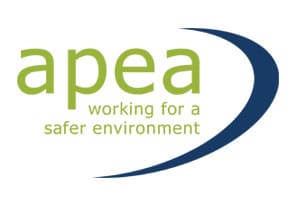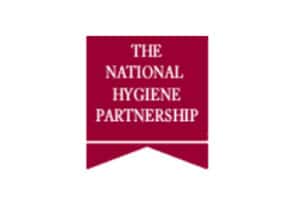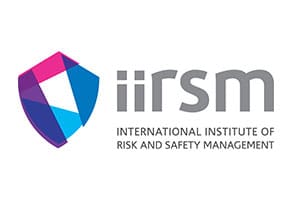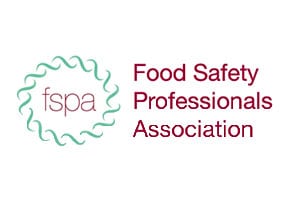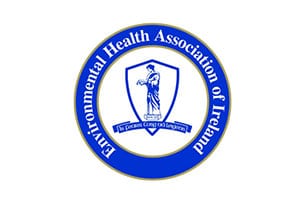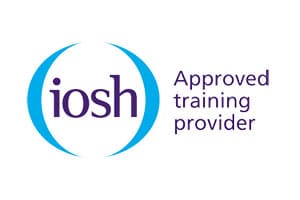As summer progresses, the risk of allergies and insect bites increases, which can affect workplace safety and employee well-being. In this month’s newsletter, we provide essential tips for managing these issues in the workplace, helping to maintain a safe and healthy environment for everyone.
1. Understanding Workplace Allergies
Allergies can significantly impact employee health and productivity. Common workplace allergens include pollen, dust mites, mould, and chemicals. Here’s how to manage them:
- Monitor Pollen Counts: Encourage employees to check daily pollen counts and take preventive measures on high-pollen days, such as closing windows and using air purifiers.
- Indoor Air Quality: Ensure good ventilation and regularly change air filters. Use dehumidifiers to reduce mould growth and keep the workplace clean to minimize dust mites.
- Cleaning Protocols: Implement regular cleaning protocols, focusing on areas that can harbour allergens like carpets, curtains, and upholstery.
- Provide Allergy Medication: Have a supply of over-the-counter antihistamines and decongestants available, and encourage employees to bring their prescribed medications.
2. Preventing and Managing Insect Bites at Work
Insect bites can be more than a nuisance; they can cause allergic reactions and infections. Here are some preventive measures:
- Workplace Environment: Keep the workplace, especially outdoor areas, free of standing water where mosquitoes breed. Regularly trim grass and bushes to reduce tick habitats.
- Protective Clothing: Encourage employees who work outdoors to wear long sleeves, long pants, and closed-toe shoes. Light-coloured clothing can help spot ticks more easily.
- Use Insect Repellents: Provide insect repellents containing DEET or other effective ingredients. Educate employees on proper application and reapplication.
- First Aid Kits: Ensure that first aid kits are stocked with treatments for insect bites, such as antiseptic wipes, hydrocortisone cream, and antihistamines.
3. Handling Allergic Reactions in the Workplace
It’s crucial to be prepared for allergic reactions, which can range from mild to severe:
- Recognize Symptoms: Train employees to recognize symptoms of allergic reactions, such as hives, swelling, difficulty breathing, and anaphylaxis.
- Emergency Response Plan: Develop and communicate an emergency response plan for severe allergic reactions. Ensure all employees know how to respond, including the location of emergency supplies and contact numbers.
- EpiPens and Training: Keep epinephrine auto-injectors (EpiPens) accessible and train employees on their use. Employees with known severe allergies should carry their EpiPens at all times.
4. Creating an Allergy-Friendly Workplace
Making the workplace safe for employees with allergies involves several steps:
- Communicate: Encourage open communication about allergies. Employees should feel comfortable disclosing their allergies and discussing their needs.
- Policy Development: Develop policies that limit the use of common allergens, such as certain cleaning products, fragrances, and food items in shared spaces.
- Education: Provide education and training on allergy awareness and prevention to all employees.
5. Managing Food Allergies in the Workplace
Food allergies are a serious concern and can lead to severe reactions:
- Label Foods: Ensure that all food provided in the workplace, such as in the cafeteria or at events, is clearly labelled with potential allergens.
- Separate Preparation Areas: If possible, have separate preparation areas for allergen-free foods to avoid cross-contamination.
- Emergency Procedures: Have clear procedures in place for dealing with food allergy emergencies, including identifying symptoms and administering first aid.
Conclusion
By taking proactive steps to manage allergies and insect bites, employers can create a safer and more comfortable workplace for all employees. Awareness, preparation, and communication are key to ensuring that everyone can enjoy a healthy and productive summer at work.
